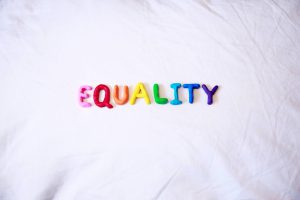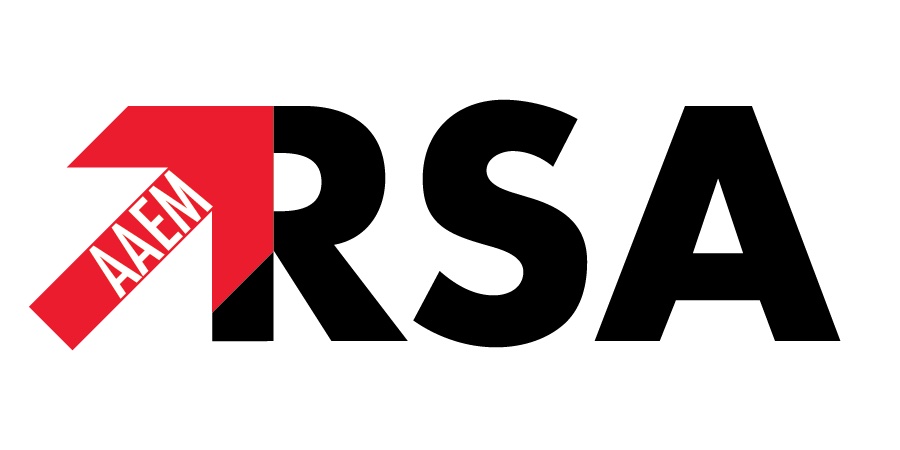 |
| Image credit: Pexels |
Author: Lauren Lamparter – Medical Student Council President
September/October 2020
One of the reasons I am drawn to and pursuing a career in emergency medicine is its open-door policy — all are welcome, regardless of their ability to pay, the color of their skin, their legal status, or their sexual orientation. The emergency department (ED) is open 24-hours a day, seven days a week, 365 days a year to serve those in need, no matter their ailment or chief complaint. It is a place where there should be no discrimination based on race, religion, insurance status, or gender. All are welcome and will be taken care of with the priority of receiving the best care we can possibly give. I aspire to be an emergency medicine physician so I too can be a champion of health for all; someone who can set aside my implicit biases and provide for a fellow human who is in need of help.
Moreover, the death of George Floyd and so many other innocent Black people such as Breonna Taylor and Rayshard Brooks, have highlighted the racial injustices and inequalities pervasive in our society. Discrimination by race devalues human life and communicates to people that just because of the color of their skin, they are not welcome. Across the country, physicians, medical students, and other health care workers have been standing in solidarity with silent reflection over the eight minutes and 45 seconds it took to murder George Floyd. The goal was and is to raise awareness for administration and leadership both in medicine and more broadly across the country to critically examine our own racist history, lack of diversity in leadership, and promotion of policies that will work toward greater racial equality. While this article will be published long after our expressions of unity and solidarity, we cannot return to complacency in regard to racial inequality. We have to start somewhere and as future physicians, medical students have the ability to create a shift in our thinking now to promote equality for all humans alike. All humans are equal members of American society and are entitled to justice. Human life is worth saving, Black lives are worth saving.
Even as the doors of the ED remain open to all, emergency medicine physicians, residents, and medical students need to be aware of their unintentional biases and how this can affect patient care. Many studies have examined bias and shown that disparities exist within the ED, including differences in pain management, triage assessment accuracy, wait times, and resource utilization. I personally was raised with “white privilege,” and I am aware of the assumptions I have made in falsely believing it was better to be “color blind” as a method of seeking equality. I am working to educate myself and my colleagues on the importance of understanding both the differences and similarities we, as racially diverse persons, bring to society as a whole. As we interact with an extremely diverse population and our innate decisions often determine life and death, emergency medicine physicians must stand in that gap and be the difference makers. We stand at the open door, so we must be the first to work toward active change in our mindsets as we pursue justice in both medicine and humanism.
